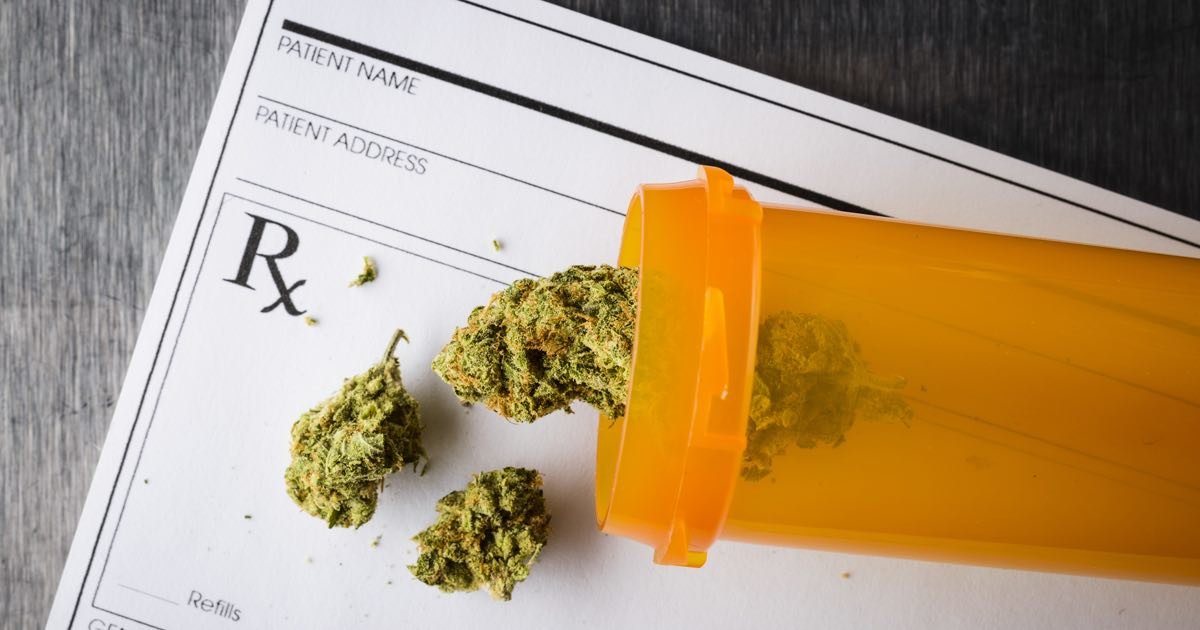THC levels concern in draft marijuana bill
A draft medical marijuana bill is better than Initiative 65, state Sen. J. Walter Michel says, but he, like others, has concerns about the potency of marijuana cigarettes under what’s being proposed.
Michel, a Republican from Ridgeland, is confident medical marijuana is an issue that can be debated and solved in the upcoming regular session in January but has an open mind about what he says is the governor’s decision.
“I know anything we get will be better than what was voted on in Initiative 65 because there are revenue sources for the state,” Michel said after the legislation was announced. “There are protections. There are zoning opt-outs. There are municipal opt-outs, all kinds of good stuff in there.”
Initiative 65 was approved by 766,478, or 58% of the 1.3 million votes cast in November 2020 but overturned by the Supreme Court on procedure in May. That referendum approval represented about 40% of all registered voters.
Lawmakers reached a compromise between the House and Senate on draft legislation in September and leaders have pressed Gov. Tate Reeves to call a special session for lawmakers to address the measure that is more than 100 pages long.
Democrat Rep. Edward Blackmon Jr. of Canton is one of those pressing for a special session and believes the matter can be addressed before January.
Reeves told the Associated Press this week that among other provisions, he wants to be included in the bill is a reduction in the amount of THC, the active component in marijuana that produces a high, saying he believes the allowable limit in the current legislation is too high.
Michel said he, too, had concerns about the amount of THC permitted in the legislation.
“That was one of the main problems I had with Initiative 65 was the amount of cigarettes that were allowed and in that instance, there was no mention of THC,” Michel said. “I’m no pharmacist so from what I’ve been told is 65 would allow the sale of approximately 10 marijuana cigarettes per day to a person.”
Michel said testimony in hearings on the matter focused on the issue, saying that the bill would allow 10 marijuana cigarettes per day per individual.
“Dr. Dobbs at our hearings said that that is enough to, basically, a cigarette can keep someone high for a couple of hours,” Michel said. “You’ve got to sleep eight hours a day and that was enough for somebody to be stoned all day long and still have five cigarettes left over to sell or give away or whatever. I am certainly under the mindset that that was too liberal so I am in favor of tightening that up but I do not understand all the different THC terminology and that is something I am going to have to educate myself further.”
Talk of a special session has been looming on the medical marijuana issue since the state Supreme Court in May overturned a medical marijuana initiative approved by voters in the 2020 general election.
The high court sided with Madison Mayor Mary Hawkins-Butler who challenged the process by which the measure was placed on ballots and overturned Initiative 65 that was approved by 58% of the vote, according to certified election results.
One of the issues Michel said he is happy the draft legislation addresses is allowing cities to opt-out of the medical marijuana program.
“There is a municipal opt-out provision which would allow a board of aldermen to choose not to allow the retail sale of medical marijuana in their city confines,” Michel said. “At the same time, if the citizens of that municipality want to come up with an initiative and get it on the ballot where they want to force it to be able to be sold in that municipality they have the right to do that.”
Michel said too that Initiative 65 did not tax the sale of marijuana but the proposed legislation does tax the distribution and sale of medical marijuana.
“There is going to be a taxing structure on it now,” Michel said. “There was no taxation. Initiative 65 required the state to oversee the whole program and there were no funds in there to pay for the additional agency needs whatsoever on the enforcement and regulations so there will be a tax structure at the distribution level and at the retail level. From the numbers I’ve heard that is expected to be somewhere around $40 to $50 million per year to the state coffers which certainly will come in handy.”
Whether to call a special session is in the sole purview of the governor and Michel said he has no insight as to whether Reeves will call a special session.
“If it lasts much longer, we are already in November,” Michel said. “If we don’t hurry up it might be the mindset just to wait until we are in session in the first week of January. I honestly don’t know.”
Michel said he would keep an open mind going into any special session to address the medical marijuana issue as did Blackmon.
“I believe we are going to address it before January,” Blackmon said this week.
Michel said even when the issue is brought up in the Legislature it could change with amendments.
“Once he (Reeves) does call us in even though he has had all these mandates he has wanted in the final legislation to be that way he will have the right to veto it,” Michel said. “Just because he is holding us up trying to get all items in the bill that he wants doesn’t mean it can’t be amended in the senate or the floor of the house.”



